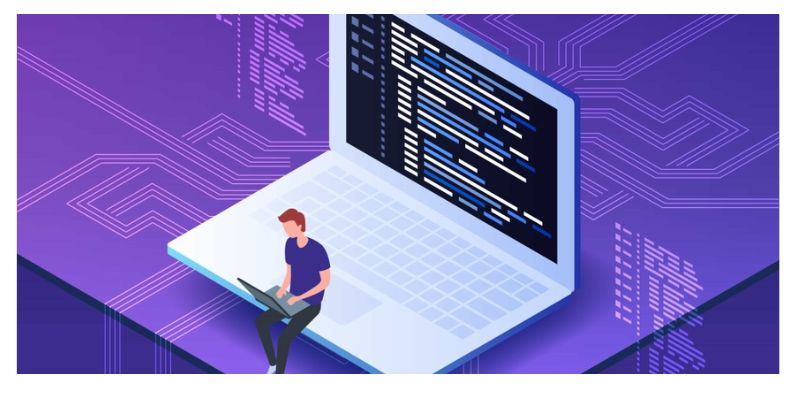
Python’s popularity lies not only in its simplicity and versatility but also in its readability. Writing clean and maintainable Python coding practices enhances productivity, collaboration, and long-term success in software development projects. In this blog post, we’ll delve into some essential tips and best practices for crafting Python code that is clear, concise, and easy to maintain. Python Training in Bangalore equip you with the necessary skills and knowledge to write efficient, readable, and maintainable Python code.
Tips and Best Practices for Crafting Python Code
- Consistent Code Formatting:
Consistency in code formatting is critical to readability. PEP 8, Python’s style guide, outlines conventions for code layout, naming conventions, and other stylistic guidelines. Adhering to PEP 8 ensures your code looks familiar and intuitive to other Python developers. Tools like autopep8 and pylint can help automate enforcing PEP 8 standards in your codebase.
- Meaningful Variable Names:
Choose descriptive and meaningful names for variables, functions, and classes. Self-explanatory identifiers enhance code readability and comprehension. Avoid cryptic abbreviations and acronyms, opting instead for names that convey the purpose and intent of the entity they represent. For example, use “user_input” instead of “u_in” or “customer_name” instead of “cust_nm”.
- Follow the DRY Principle:
The Don’t Repeat Yourself (DRY) principle advocates for code reuse and minimising redundancy. Identify repetitive patterns in your code and refactor them into reusable functions, classes, or modules. By eliminating duplication, you improve code readability, simplify maintenance, and reduce the likelihood of bugs.
- Modularize Your Code:
Break down your code into smaller, modular components with well-defined responsibilities. Modularisation promotes code organisation, reusability, and testability. Ideally, each function or class should have a single, well-defined purpose, making it easier to understand, test, and modify. Embrace the separation of concerns to keep your codebase clean and maintainable. If you want to learn more about modularisation, enrol in Python Training in Marathahalli. The course is designed to help you become a proficient Python developer, focusing on writing modular, scalable, and maintainable code.
- Use Docstrings for Documentation:
Document your code effectively using descriptive docstrings. Docstrings provide valuable context and documentation directly within your code, making it easier for other developers (including your future self) to understand its purpose, usage, and behaviour. Follow the conventions outlined in PEP 257 for writing clear and concise docstrings that adhere to standard formats.
- Write Readable Comments:
While code should be self-explanatory, judicious use of comments can provide additional clarity and context, especially for complex algorithms or non-obvious logic. Write comments that explain the why behind the code rather than simply restating what the code does. Avoid unnecessary comments or comments that state the obvious, as they can clutter the code and become outdated.
- Embrace Test-Driven Development (TDD):
Adopting a test-driven development approach can lead to cleaner, more maintainable code. Write unit tests to validate the behavior of your code components and ensure they function as intended. By writing tests before writing the actual implementation code, you clarify the expected behaviour and design interfaces that are easier to test and refactor.
Writing clean and maintainable code is not just a Python best practice; it’s a mindset that fosters collaboration, efficiency, and long-term success in software development projects. By following the tips and best practices outlined in this post—consistency in formatting, meaningful naming, adherence to the DRY principle, modularisation, effective documentation, readable comments, and embracing TDD—you can elevate your Python coding skills and contribute to more robust and sustainable codebases. By Joining Training Institute in Bangalore, you can learn the best practices and techniques for writing efficient and effective code and gain hands-on experience through practical projects and assignments.
Also Check: Python Interview Questions and Answers
